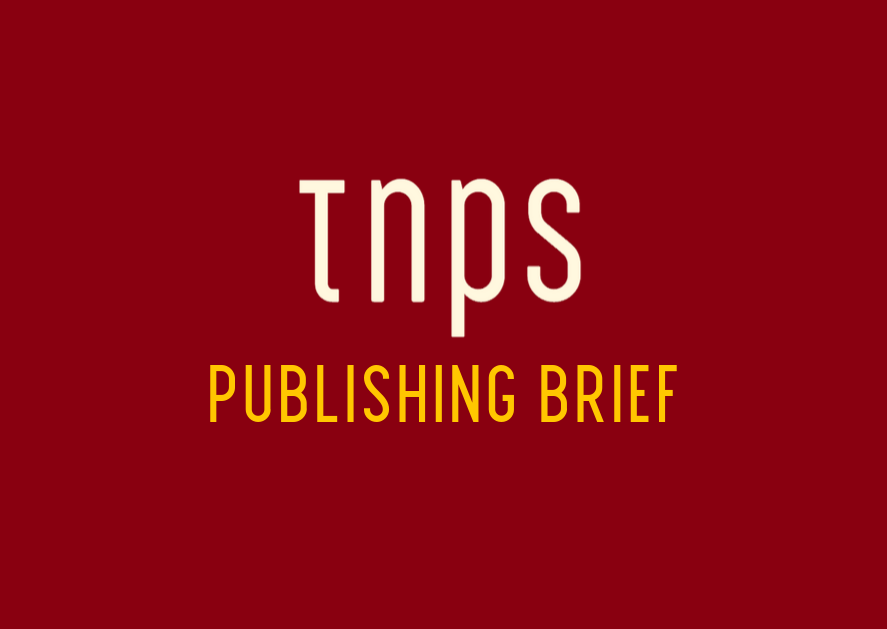As the pendulum slowly swings from the knee-jerk AI-is-evil non-think camp to nuanced evaluations of what benefits AI brings to the industry table, Charkin offers a road map to find the road out of Ludditeland.
It goes without saying that publishing CEOs are well-versed in their sales metrics, but many, it seems, are unaware of their earnings from collective licensing through Reproduction Rights Organizations (RROs). This income, often categorised under “other” or “subsidiary” income, is crucial as it requires minimal effort and significantly boosts the bottom line.
RROs like the Copyright Licensing Agency, the Copyright Clearance Centre and Publishers’ Licensing Services, writes Richard Charkin in his monthly must-read slot over at Publishing Perspectives, have been pivotal in converting potential threats from technologies like photocopying and broadcasting into revenue streams. They also assist publishers with permissions and other essential tasks.
With the rise of the latest industry bogyman, generative AI, RROs face a new challenge: protecting copyright and ensuring fair compensation for authors. But Charkin is not out to rehearse the Luddite case for keeping the industry in the 2010s stone-age. Yes, there are legal issues outstanding, and unfair practices abound, but Charkin sees this is an opportunity, not a threat.
“Individual publishers may choose to negotiate directly with one or more of the large language models (LLMs) to allow training in exchange for cash, but there soon will be many hundreds or thousands of smaller models, all of which need to be corralled and forced to pay for copyright material.”
Collective licensing, argues Charkin, is the most effective way to manage and distribute this income.
That said, Charkin acknowledges that winning the copyright battle involves addressing numerous legal, social, and economic issues. There’s a need for a universal data index to facilitate easy access for AI training. But Charkin rightly concludes AI presents opportunities for streamlining processes, enhancing marketing, and supporting accessibility.
To capitalise on AI, Charkin argues the industry must:
- Support robust copyright regimes
- Embrace AI opportunities
- Invest in technology for legal and ethical use of intellectual property
- Encourage proactive actions from national RROs
As the pendulum slowly swings from the knee-jerk AI-is-evil non-think camp to nuanced evaluations of what benefits AI brings to the industry table, Charkin offers a road map to find the road out of Ludditeland.



